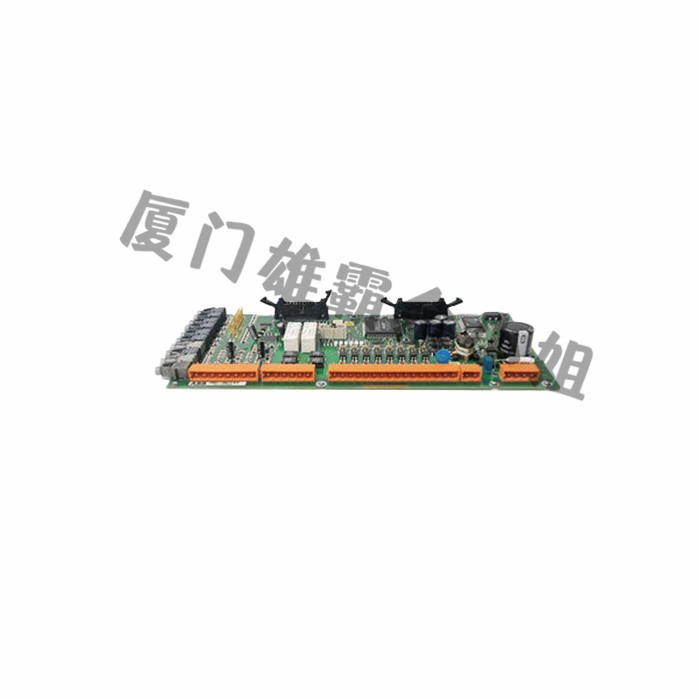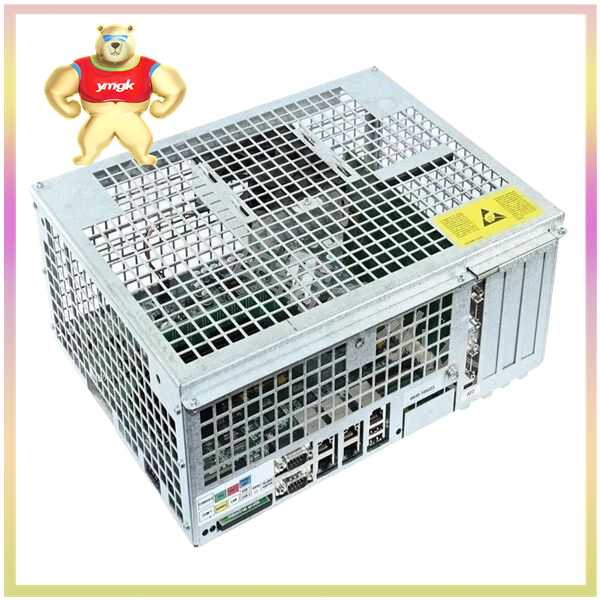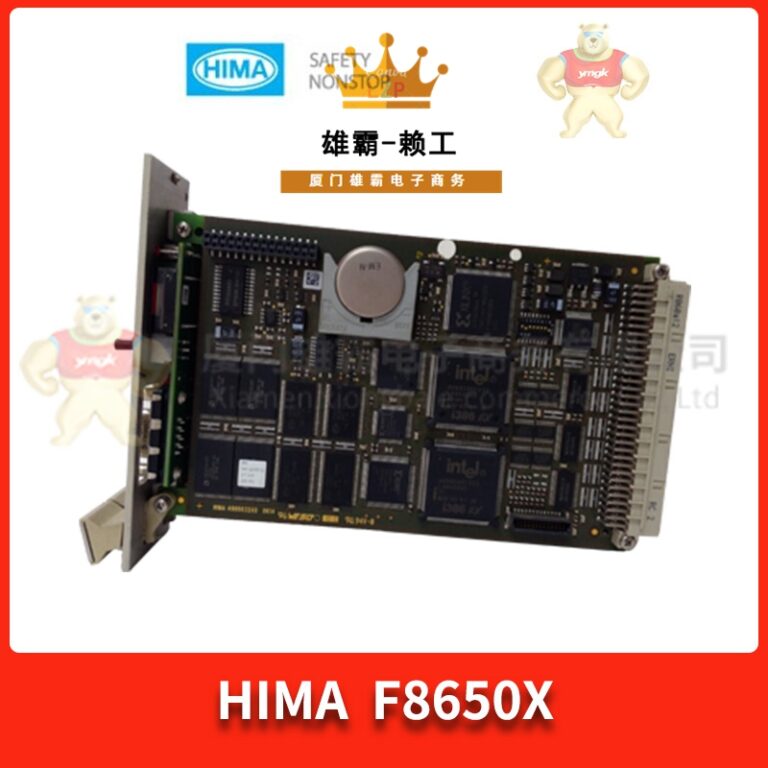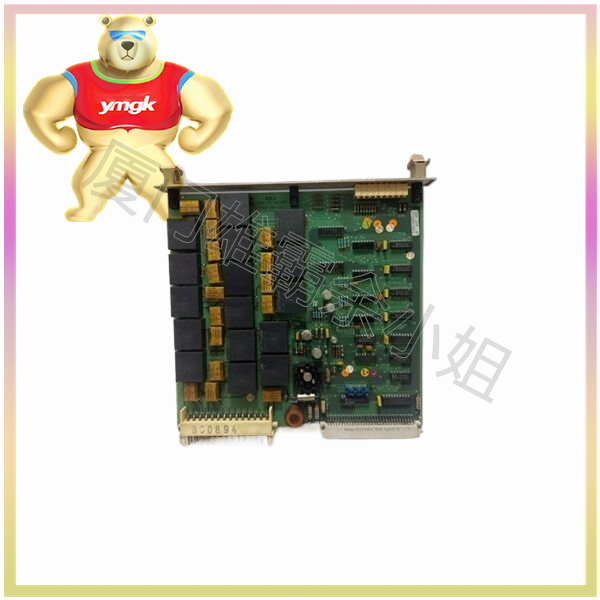The motor controller is an integrated circuit that controls the motor to operate in the set direction, speed, angle, and response time through active operation. Its working principle mainly includes the following aspects:
Signal detection: The motor controller continuously detects signals from sensors and control commands to understand the current working status and control requirements of the motor.
Signal processing: The motor controller processes the detected signal, including filtering, amplification, conversion, and other operations, to extract useful information while ensuring the accuracy and stability of the signal.
Drive signal output: Based on the detected signal and control requirements, the motor controller will output corresponding drive signals to control the motor’s operating speed, direction, acceleration and other parameters, and ensure the accuracy and stability of the drive signals.
Overload protection: When the motor is overloaded or in other abnormal situations, the motor controller will immediately stop outputting the drive signal to protect the safety of the motor and other system components.
Fault diagnosis: The motor controller can also diagnose faults in the motor system, detect the type and location of faults, and provide corresponding fault handling methods.
3、 Types of motor controllers
There are various types of motor controllers, which can be classified into the following types based on different control objects and requirements:
AC motor controller: suitable for controlling the operation of AC motors, by changing the input AC voltage and frequency to change the speed and direction of the motor.
DC motor controller: used to control the operation of a DC motor by changing the input DC voltage and current to alter the motor’s speed and direction of rotation.
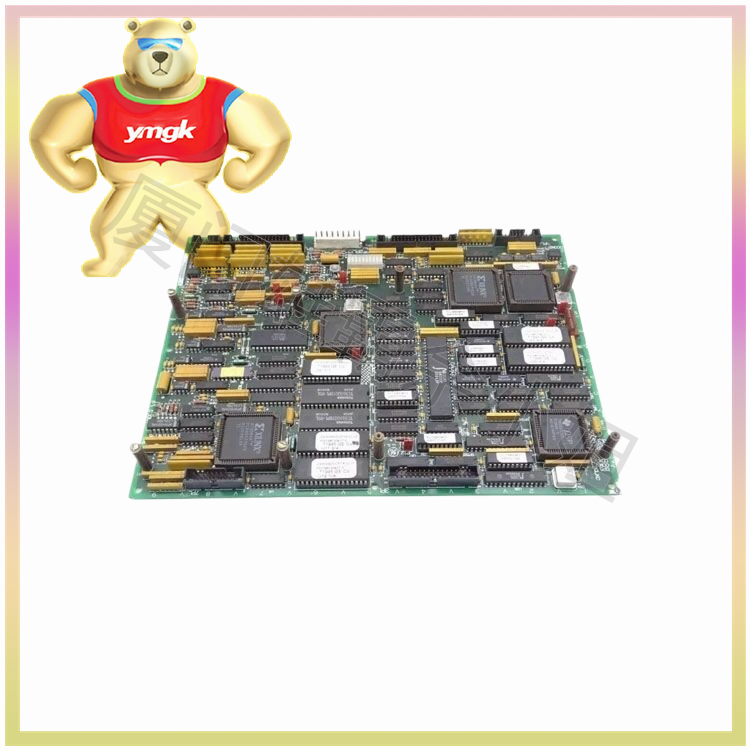
Stepper motor controller: used to control the operating parameters of the stepper motor, moving the rotor of the motor by controlling the current and pulse signals.
Brushless motor controller: suitable for brushless DC motors, it changes the speed and direction of the motor by changing the input pulse width and frequency.
4、 The main function of the motor controller
The motor controller plays a crucial role in the motor system, mainly including the following aspects:
Control motor speed: The motor controller can control the motor speed to meet different application requirements. For example, in electric vehicles, the controller can adjust the motor speed in real time according to the driver’s instructions to maintain stable vehicle speed.
Control motor direction: The motor controller can control the direction of the motor, allowing it to rotate forward, reverse, or stop. This function is particularly important in fields such as automation equipment and logistics equipment.
Control motor acceleration and deceleration: The motor controller can control the acceleration and deceleration process of the motor to gradually start or stop, reducing the impact of the motor during start or stop. This is of great significance for protecting the motor and extending its service life.
Protecting the motor: The motor controller has multiple protection functions such as overcurrent, overheating, and overvoltage, which can timely cut off the power supply in case of abnormal situations in the motor, preventing motor damage and fire accidents.
Energy conservation and emission reduction: By monitoring and optimizing the operation status of the motor in real-time, the motor controller can reduce energy consumption and improve energy utilization efficiency. In the fields of new energy such as wind power and solar power, motor controllers can more effectively utilize renewable energy by adjusting the operating status of motors.
5、 Application Fields of Motor Controllers
Motor controllers are widely used in various industrial and household equipment, such as electric vehicles, material handling equipment, automation equipment, medical equipment, new energy generation, etc. With the continuous advancement of technology and the improvement of people’s living standards, the application fields of motor controllers will continue to expand and deepen.


